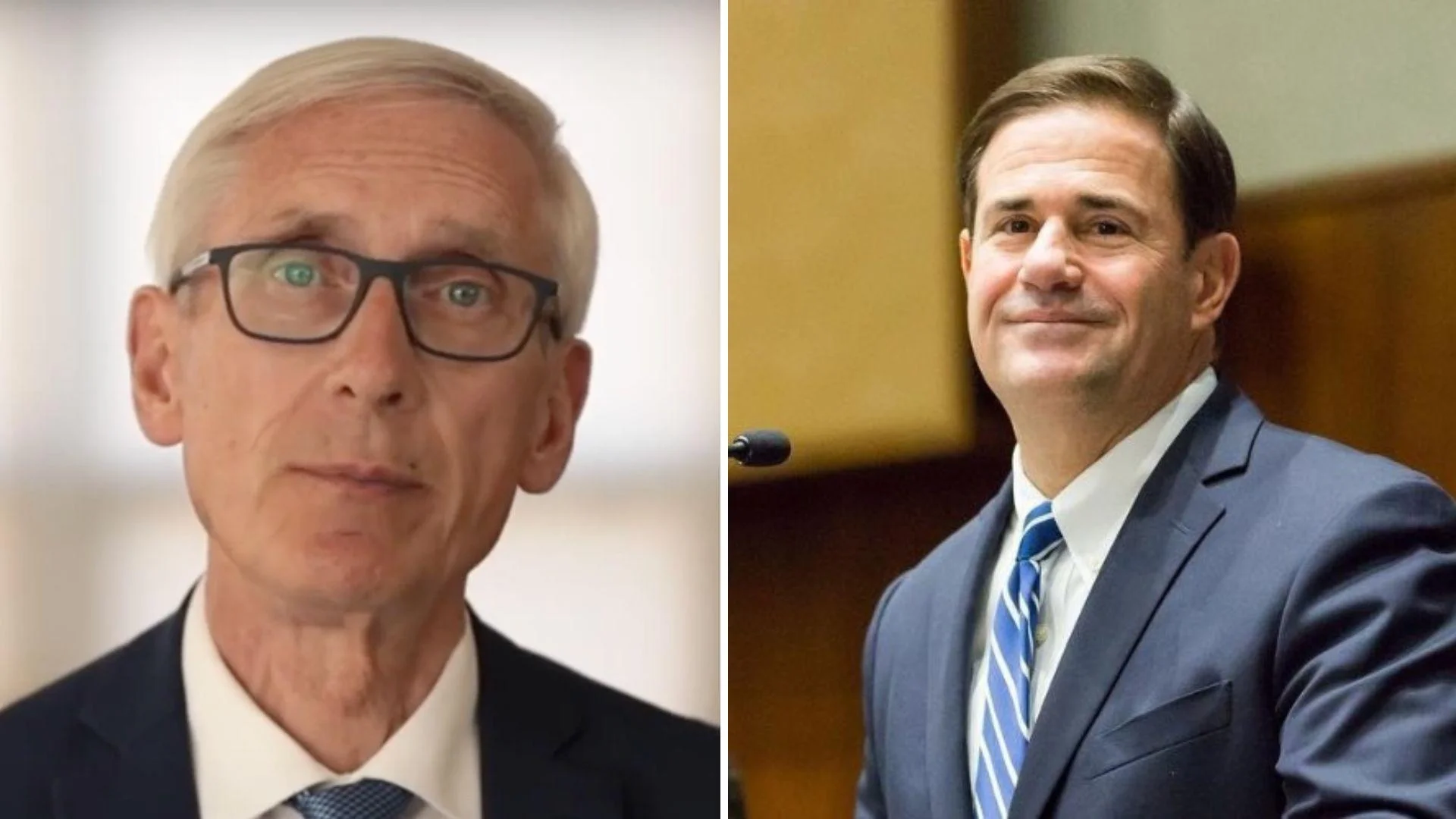Gov. Tony Evers (D-WI), left, and Fmr. Gov. Doug Ducey (R-AZ) | YouTube / LinkedIn
Gov. Tony Evers (D-WI), left, and Fmr. Gov. Doug Ducey (R-AZ) | YouTube / LinkedIn
Wisconsin is among 32 states that do not currently offer an Education Savings Account (ESA) program.
That's according to an analysis of state laws by The Sconi.
An ESA is a state-administered school choice program that allocates public funds into specialized accounts for families, enabling them to cover various educational expenses. These expenses can include private school tuition, tutoring, online courses, and other approved educational services, offering parents greater flexibility in customizing their children's education.
ESAs generally fall into two categories: regular ESAs and universal ESAs. Regular ESAs are typically targeted programs that provide eligible families with state-allocated funds to pay for approved educational expenses. These programs often focus on specific groups, such as students with disabilities, low-income families, or those attending underperforming schools. Universal ESAs are open to all students within a state, regardless of income, school performance, or special circumstances.
As of March 2025, thirteen states have implemented universal Education Savings Account (ESA) programs, providing all or nearly all K-12 students with access to state-allocated funds for educational expenses. These states include Alabama, Arizona, Arkansas, Florida, Indiana, Iowa, Louisiana, North Carolina, Ohio, Oklahoma, Utah, West Virginia, and Tennessee.
In 2011, Arizona became the first state to create an ESA program. It later expanded that to a universal program through a law signed by then-Gov. Doug Ducey in July 2022.
Wisconsin has neither type of ESA program.
–-
Which States Have ESA Programs, and Which Do Not?






 Alerts Sign-up
Alerts Sign-up